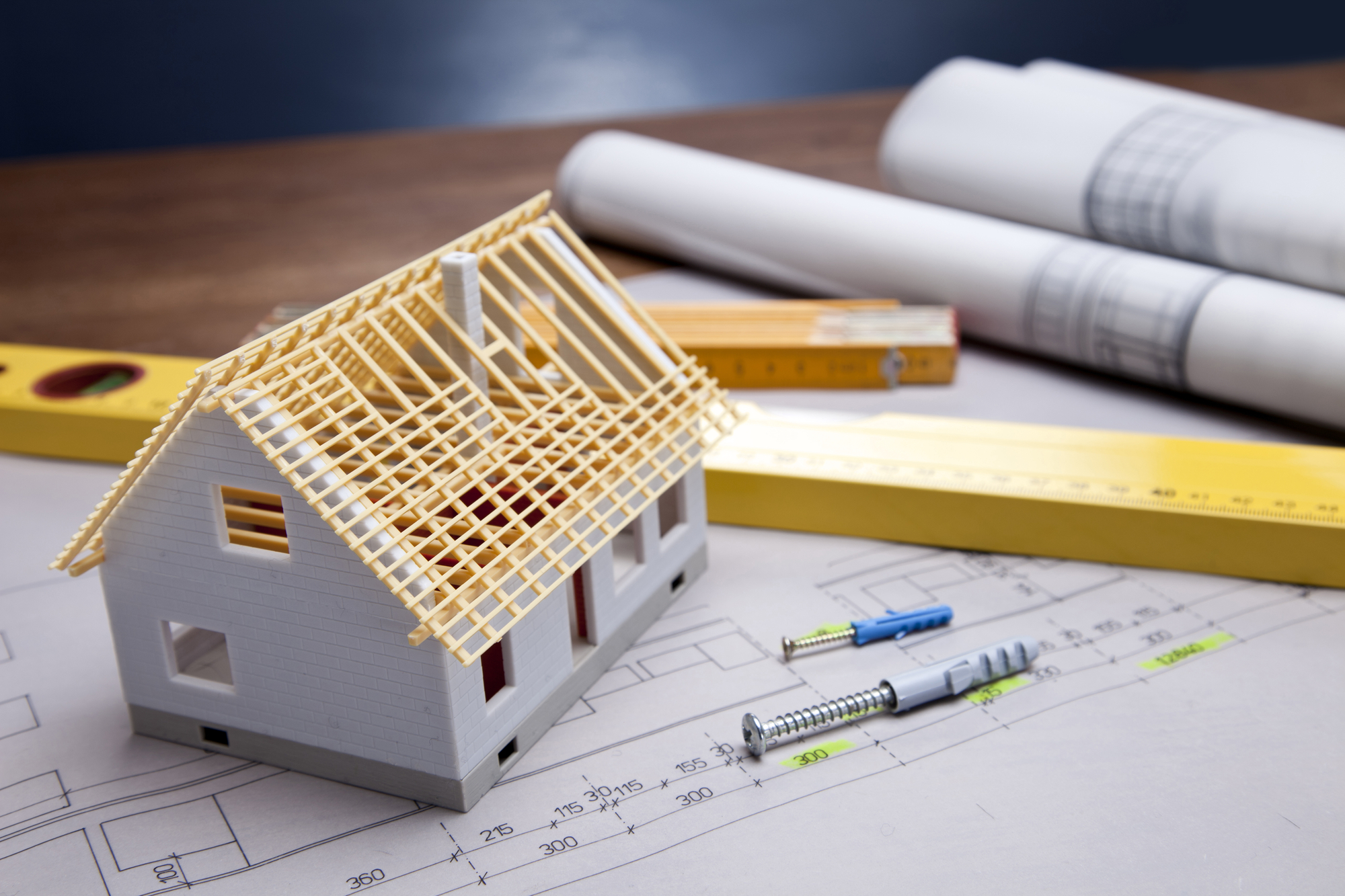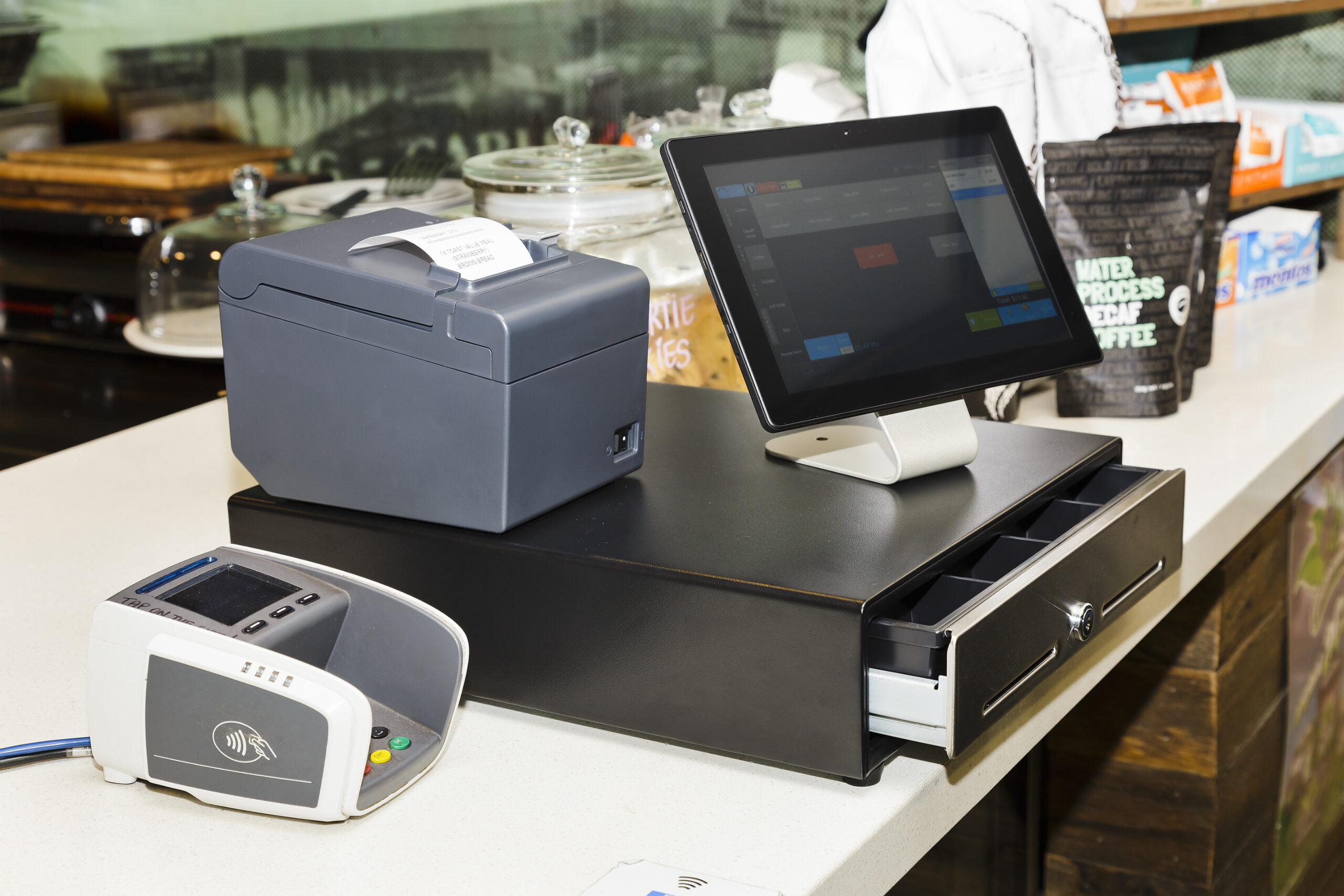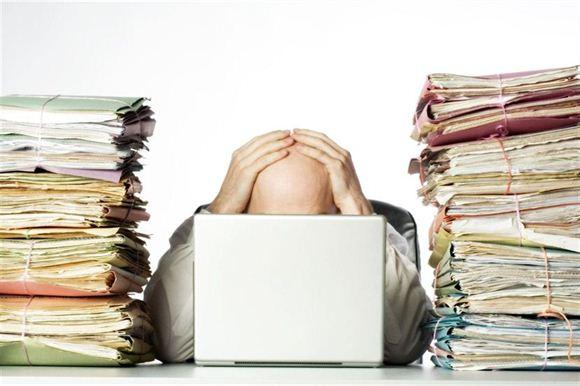How To Reduce Stress at Home
Work-life balance can be incredibly difficult to get right. Some days, after work, you might feel exhausted, only to come home to more stressors – supper that needs to be cooked, a room that needs to be cleaned, other chores that need to be done. That stress can be a burden. Your home is supposed to be your sanctuary, a place where you can collect yourself and breathe easy. There are a plethora of methods you can use to bring that sense of sanctuary back, to reduce your stress, and to feel better so that your whole life feels more balanced. These techniques can be grouped into three categories: time management, self-help and interpersonal.
Time Management
The first step to good time management is doing an inventory: understanding what needs to be done at home and when you want to do it. A lot of folks benefit from a schedule, and while that’s a bit too rigid for some folks, everyone can profit from a keen understanding of what needs to be done in their household and their role in getting it done.
Time management changes depending on how many people are in your household – the more people who aren’t pulling their weight, the more stressed out you’re going to be. We’ll delve further into this topic in the Interpersonal section, but know that if you’re constantly cleaning other people’s messes, it might be time to have a conversation.
Once you’ve done an inventory of exactly what needs to be done in a given week, figure out approximately how much time it’s going to take you, and put the work in to get it done. With any chore, the more you procrastinate, the more difficult the chore is going to become. When you don’t clean, mess accumulates. When you don’t cook, you’ll fall out of the habit. Habit-forming, in fact, is the most important part of time management – get in the habit of doing something every day, and it becomes that much less stressful and more manageable. Habit-forming can be daunting but take it slowly. You can start by doing something once a week, even if you want to get to the point that you’re doing it daily – once you’ve taken that first step, the rest is easier. You can also opt to pick up a new daily habit every month, so you don’t feel overwhelmed by everything at once.
Even with the absolute best time management techniques in the world, some people work too much to get everything done in a given day. There’s a couple of ways to manage this. The first is to adjust your work-life balance; that’s acceptable for some, but people with lofty career ambitions might not be able to put in less than 12 hours a day. For those folks, don’t worry about getting a bit of help: Anago Cleaning Systems can do a deep cleaning of your office every week, and meal delivery services can mail you fresh, diverse, healthy food every day with the prep work already done.
Smart speakers are incredibly useful for time management because they can be programmed to give you friendly reminders and alerts throughout the day; pair these reminders with music you enjoy or another positive stimulus to keep you motivated.
Self-Help
Self-help techniques are a wide variety of tools you can use without anyone or anything else. The biggest self-help technique is exercise; the workouts you get can be as rigorous as daily trips to the gym or as simple as going for a jog or following an at-home yoga video. What’s great about exercise is that, with guided tutorials on YouTube, anyone can start doing a wide variety of different routines, many of which don’t require any videos. That means you can get a workout in even in the midst of the bitterest Winnipeg winters; just because you can’t jog outside doesn’t mean you can’t get cardio in.
Mindfulness and breathing techniques are another golden tools in the home destress toolbelt. The most classic mindfulness technique is meditation, and it comes in many different forms, from spoken mantras to just listening to the sound of your breath. There are a plethora of meditation apps like Headspace that can help you get into the practice; smart speakers can give daily reminders to meditate as well, helping with time management. Meditation is not the only way to be mindful, though; any time you focus on the sensations occurring in the present moment, you’re being mindful. Try it right now; blink your eyes and notice how it feels. Breathe in – feel the air filling your lungs. Now feel your naval moving towards your back body as you breathe out; congratulations! You were just mindful!
 Another group of self-help techniques focuses on positivity. This can include repeating positive phrases to yourself like “I am strong” or “I am capable”. You might also play happy, upbeat music, dance around, act silly, treat yourself to something nice to eat or drink, even laugh out loud for no reason – acting positive goes a long way to creating long-lasting positivity because your behaviour signals to your brain that everything is going well.
Another group of self-help techniques focuses on positivity. This can include repeating positive phrases to yourself like “I am strong” or “I am capable”. You might also play happy, upbeat music, dance around, act silly, treat yourself to something nice to eat or drink, even laugh out loud for no reason – acting positive goes a long way to creating long-lasting positivity because your behaviour signals to your brain that everything is going well.
Interpersonal
Sometimes stress at home is being caused because of a lack of communication. When this occurs, you need to speak up; you’re not doing yourself or your relationships any favours by staying quiet. For those who find communicating honestly without becoming overwhelmed by emotions difficult, a great technique is to write down exactly how you feel, and then revise over and over again until you have something that feels both true and succinct. Honest communication about the distribution of labour, emotions and expectations is the key to a great relationship.
For those who live with others, getting them on board for stress reduction tactics is great. Physical sensation is wonderful, from cuddling and hugs to kissing and sex – all great stress reducers! You can also talk to them about how you’re feeling; when you’re around empathic listeners, they can take a load off your mind, and more schedule and detail-oriented people can help you keep up with your habit-forming.
Whether you live alone or in a house full of other people, there are lots of ways you can reduce stress; try them, and you’ll feel better before you know it!












*Hello! I just would like to give a huge thumbs up for the great info you have here on this post. I will be coming back to your blog for more soon.